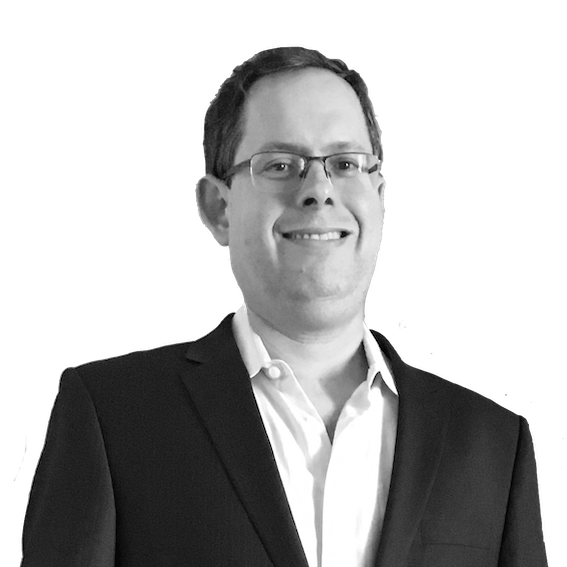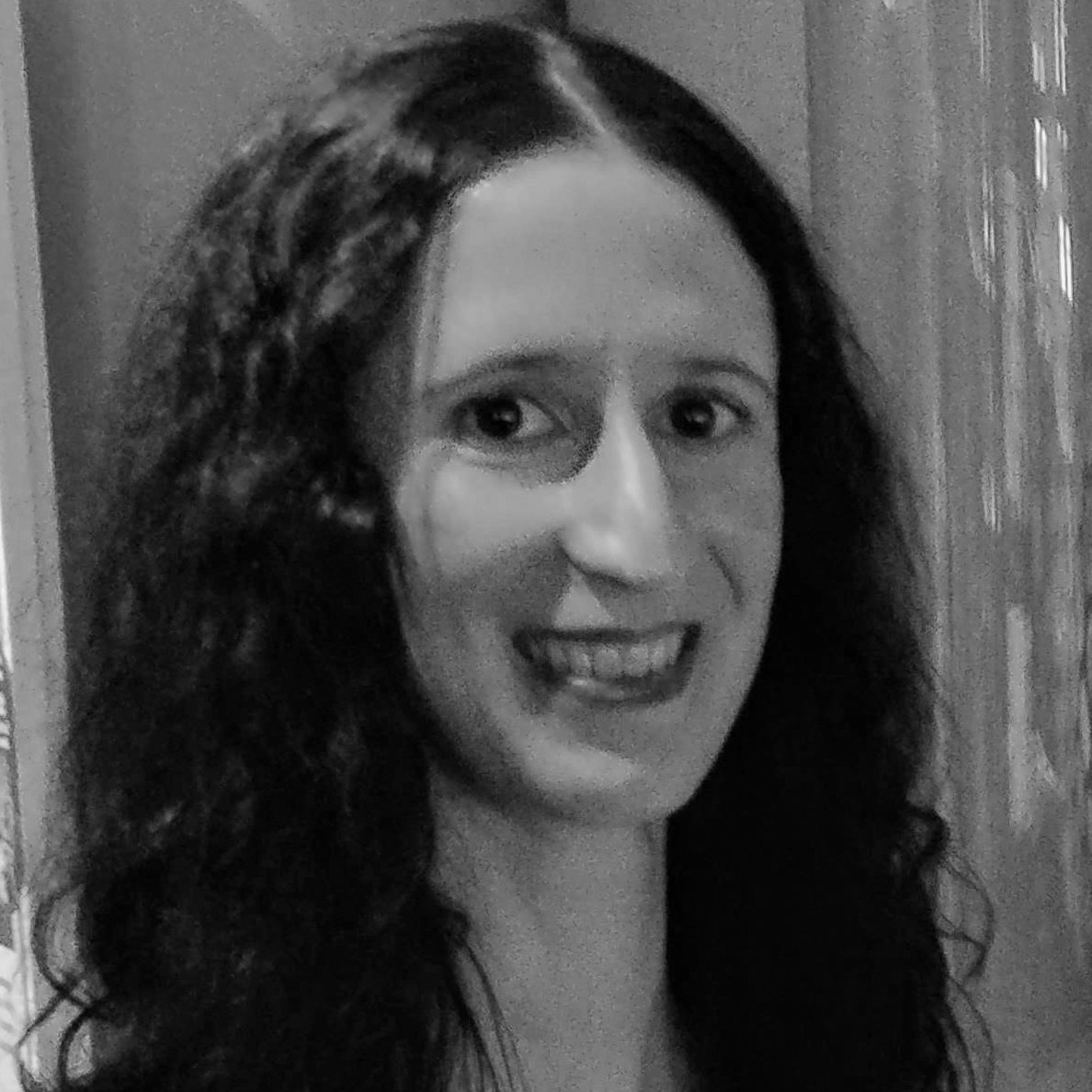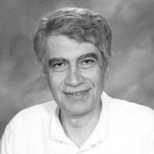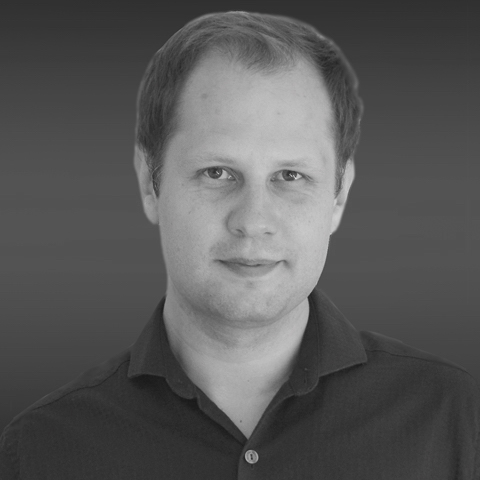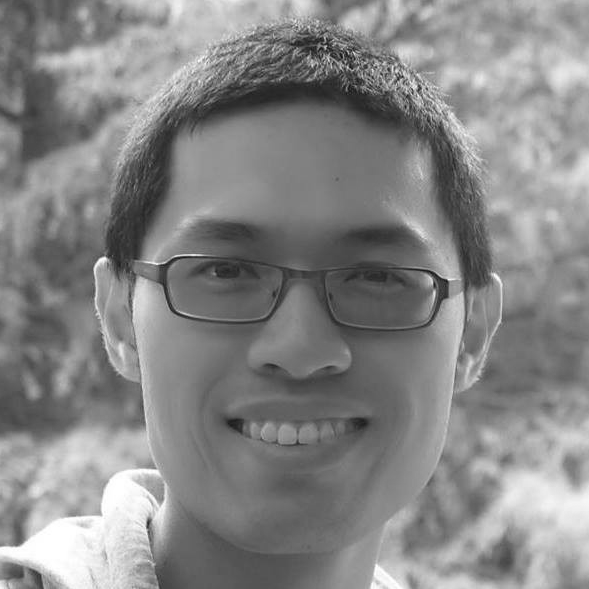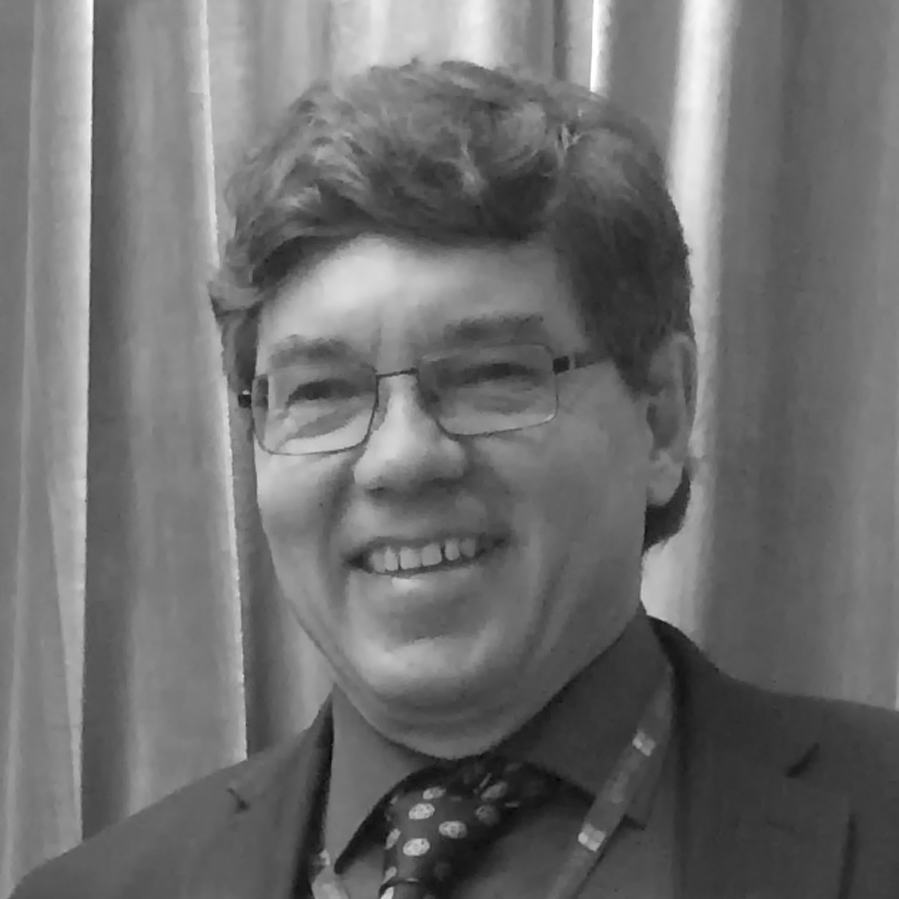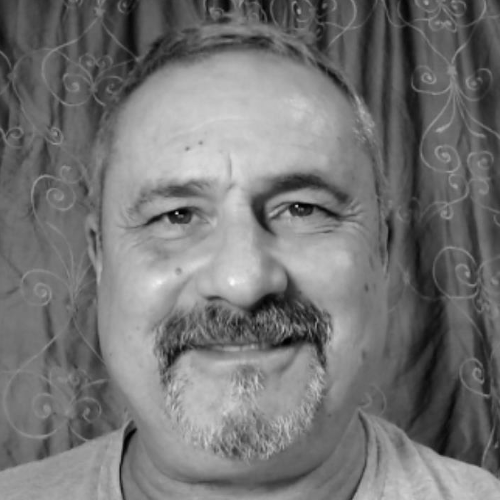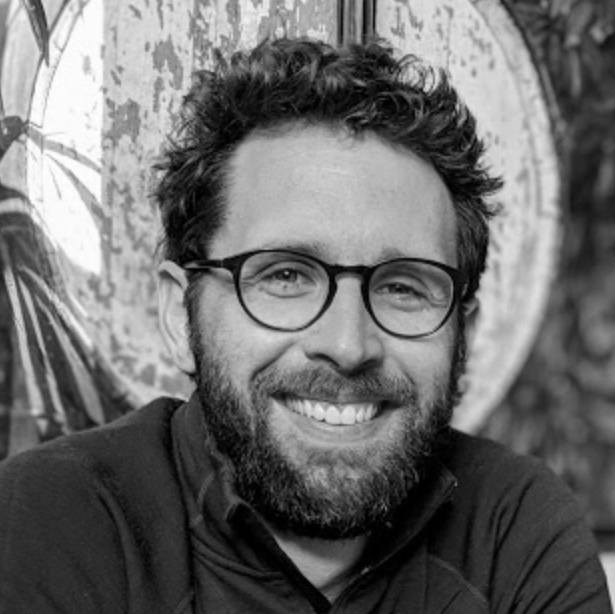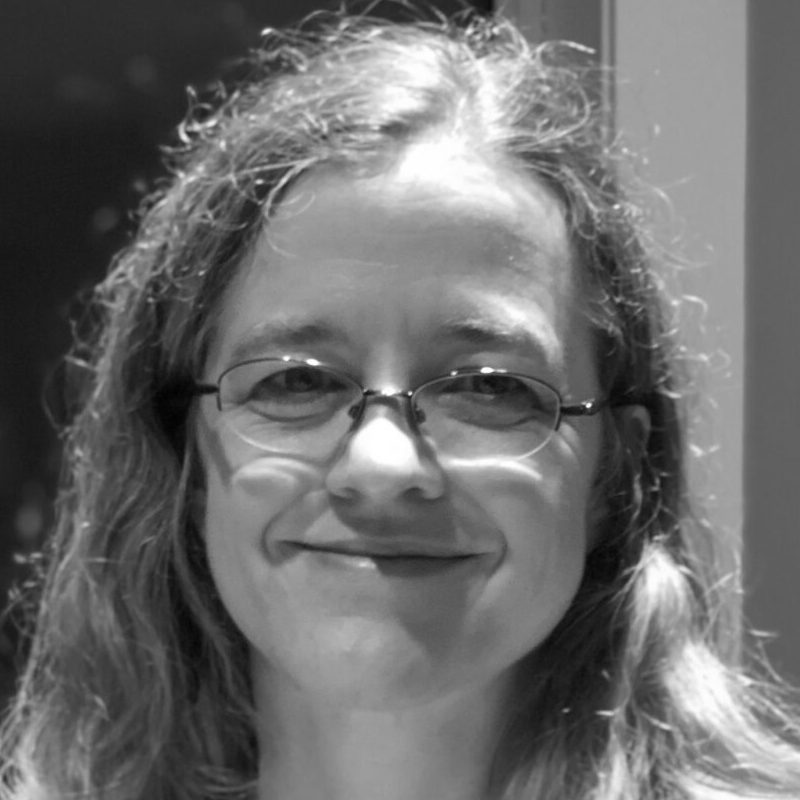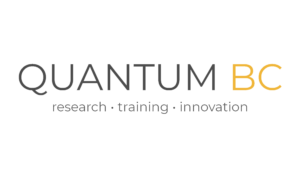PEOPLE
The people listed below reflect the Quantum Computing research community within universities and research institutes across British Columbia in Canada.
Matt Amy
Position: Assistant Professor
Categories: Algorithms, Education, Fundamental Theory, Graduate Research Training Program, Institution, SFU, Software Engineering
Location: SFU
Matt Amy is an Assistant Professor in Computing Science at Simon Fraser University in Canada. He received his PhD in Computer Science from the University of Waterloo, after which he held an Atlantic Association for Research in Mathematical Sciences (AARMS) postdoctoral fellowship in Mathematics at Dalhousie University. Alongside his work in academia, he has spent time in the quantum software industry at Microsoft, Xanadu, and SoftwareQ, the latter at which he developed the industry-leading quantum compiler, staq, and now serves as head of quantum software. His current research aims at developing tools for formally specifying and reasoning about quantum computation to increase the ease with which verifiably correct quantum programs can be written and compiled.
Matt Amy
Assistant Professor
Matt Amy is an Assistant Professor in Computing Science at...
Thomas Baker
Position: Assistant Professor
Categories: Algorithms, Applications, Fundamental Theory, Graduate Research Training Program, Spins in Si, Superconducting, UVic
Location: UVic
Thomas Baker is an Assistant Professor in the Department of Physics & Astronomy and also the Department of Chemistry at the University of Victoria in British Columbia, Canada. He earned a M.Sc. from California State University, Long Beach where he graduated on the Dean’s List of Scholars and Artists and held a graduate research fellowship. He earned a Ph.D. from the University of California, Irvine with the support of the Achievement Rewards for College Scientists (ARCS) fellowship before he was the Prized Postdoctoral Scholar in Quantum Sciences and Technology at Institut quantique at l’Université de Sherbrooke. He recently was a Fulbright U.S. Scholar at the University of York in the United Kingdom.
Thomas’s research interests are widespread in the field of quantum computing. He is interested in how to make quantum computers and design quantum materials for qubits and quantum error-correction. He also develops new algorithms for quantum chemistry on the quantum computer. Many times, numerical examples are produced in a custom-built tensor network library called DMRjulia, but other techniques are also used.
Thomas Baker
Assistant Professor
Thomas Baker is an Assistant Professor in the Department of...
Nadish de Silva
Position: Assistant Professor
Categories: Algorithms, Fundamental Theory, SFU, Undergraduate Training
Location: SFU
Dr Nadish de Silva is a Canada Research Chair in the Mathematics of Quantum Computation and an Assistant Professor in the Department of Mathematics at Simon Fraser University. His research interests include quantum information and computation; nonlocality and contextuality; and operator algebras and noncommutative geometry. He is keenly interested in helping to elucidate the structural origins of computational and communicational advantages in both concrete quantum models and abstract postclassical models. These questions sit at the foundations of logic, computer science, and physics, and involve disparate areas of maths: e.g. algorithms and complexity theory, functional analysis, number theory, and category theory.
Nadish previously worked at the Centre for Quantum Information and Foundations in the Department of Applied Mathematics and Theoretical Physics (a part of the Centre for Mathematical Sciences) at the University of Cambridge, in the group of Richard Jozsa FRS. He was a member of King’s College.
Prior to this, he worked in the Department of Computer Science, UCL as the Researcher Co-Investigator of the EPSRC-funded project Contextuality as a resource in quantum computation: a collaboration between UCL and the University of Oxford headed by Simone Severini and Samson Abramsky FRS.
Dr. De Silva spent a semester as a Visiting Scientist at the Simons Institute for the Theory of Computing at the University of California, Berkeley. Previously, he completed his DPhil in Computer Science in the Quantum Group (Logic, Foundations, and Structures), supervised by Samson Abramsky FRS and Bob Coecke, as a Clarendon Scholar at Merton College, University of Oxford. He completed his MSc in Mathematics and BSc in Mathematics and Physics at the University of Toronto where his supervisor was George Elliott FRSC. In Toronto, he was a Visiting Member of the Fields Institute for Research in Mathematical Sciences, supported by NSERC Undergraduate Student Research Awards.
Nadish de Silva
Assistant Professor
Dr Nadish de Silva is a Canada Research Chair in...
Rogério de Sousa
Position: Associate Professor
Categories: Algorithms, Graduate Research Training Program, Photonics, Quantum Hardware, Spins in Si, Superconducting, Undergraduate Training, UVic
Location: UVic
Prototype “noisy” quantum computers based on several different technologies are now accessible over the cloud. However, the level of noise is often 10-100 times higher than the error correction threshold, hindering demonstrations of quantum advantage over conventional computers. The de Sousa research group is addressing this problem in both the hardware and software fronts. In hardware, the group is developing theory to elucidate the origin of noise and decoherence in the materials and devices used to build quantum computers. These theories are being compared to experiments at universities and companies around the world. In software, the research group is developing algorithms to benchmark and mitigate noise, and is using these findings to improve the output of quantum algorithms in cloud-based devices.
Rogério de Sousa
Associate Professor
Prototype "noisy'' quantum computers based on several different technologies are...
Olivia Di Matteo
Position: Assistant Professor
Categories: Algorithms, Applications, Graduate Research Training Program, UBC
Location: UBC
Olivia di Matteo obtained her PhD at the University of Waterloo and Institute for Quantum Computing in 2019 in Physics (Quantum Information). Following her PhD, she worked as a Quantum Information Science Associate at TRIUMF. Olivia then became a Quantum Computing Educator and Researcher at the Toronto-based startup Xanadu. Currently Olivia is an Assistant Professor in the Electrical and Computer Engineering department at UBC. She is passionate about teaching quantum computing, and developing open-source quantum software. Her research interests include quantum circuits and compilation, quantum tomography, quantum machine learning, and quantum algorithms.
Olivia Di Matteo
Assistant Professor
Olivia Di Matteo will be joining the Electrical and Computer...
Nikitas Dimopoulos
Position: Professor
Categories: Algorithms, Applications, Graduate Research Training Program, UVic
Location: UVic
Nikitas Dimopoulos received a B.Sc. degree in Physics from the University of Athens and a M.Sc. and Ph.D. degrees in Electrical Engineering from the University of Maryland, College Park in 1975, 1976 and 1980 respectively. He joined the Department of Electrical and Computer Engineering, University of Victoria (U.Vic.) in 1988 where he is currently Professor and Lansdowne Chair in Computer Engineering. He served as the Chair of the Department (1998- 2003, 2005-2008) and was Visiting Professor at the Computer Engineering Laboratory, Delft University of Technology (2001).
Previous to his appointment at UVic, he was Assistant and then Associate Professor at the Department of Electrical Engineering, Concordia University (1980- 1987) and member of the Technical Staff at the Jet Propulsion Laboratory, Pasadena, CA (1986-1987). He has served as external evaluator for several Electrical and Computer Engineering Departments in Canada and internationally, on National and International adjudication panels (BCSC, CFI, NSERC Centers of Excellence, Graduate Programs – Greek Ministry of Education) and has been Accreditation Program Visitor for the CEAB.
His fields of interest are in Computer Architecture, Neural Networks and Quantum Computing. His research has been funded by NSERC, the Canadian Cable Labs Fund, ASI, CFI and CMC. He has over 200 publications including edited volumes, refereed journal and conference papers and technical reports. He and his students received a best paper award at the 2020 IEEE International Conference on Quantum Computing and Engineering Professor Dimopoulos is a Professional Engineer registered with Engineers and Geoscientists in British Columbia, a Life Senior Member of the IEEE and Fellow of the Engineering Institute of Canada.
Nikitas Dimopoulos
Professor
Nikitas Dimopoulos received a B.Sc. degree in Physics from the...
Roman Krems
Position: Professor
Categories: Algorithms, Applications, Graduate Research Training Program, Ions traps and AMO, Spins in Si, Superconducting, UBC
Location: UBC
Roman Krems is Professor of theoretical chemistry at the University of British Columbia in Vancouver, Canada. His current research interests include applications of machine learning for solving complex quantum problems, the development of quantum-inspired machine learning algorithms, and quantum machine learning. He is particularly interested in applications of Bayesian machine learning for inverse quantum problems, accelerating and improving the accuracy of quantum scattering calculations, and the development of machine learning methods for accurate extrapolation of solutions of complex physical equations. His group works on applications in quantum chemistry, quantum dynamics, quantum computing and quantum scattering theory. He graduated from Moscow State University in Moscow, Russia, in 1999, and obtained his PhD in physical chemistry from Göteborg University in Göteborg, Sweden, in 2002. He was a SAO predoctoral fellow at the Harvard-Smithsonian Center for Astrophysics in 2001–2002 and a postdoctoral fellow at the Harvard physics department and the Harvard-MIT Center for Ultracold Atoms in 2003–2005. He is fellow of the American Physical Society and member of the College of the Royal Society of Canada.
Roman Krems
Professor
Roman Krems is Professor of theoretical chemistry at the University...
Hoi-Kwan (Kero) Lau
Position: Assistant Professor
Categories: Algorithms, Applications, Fundamental Theory, Graduate Research Training Program, Ions traps and AMO, Photonics, SFU, Superconducting
Location: SFU
Kero is an Assistant Professor at the Department of Physics at Simon Fraser University. Before joining SFU in 2020, Kero got his PhD at the University of Toronto, and worked as a postdoc fellow at Ulm University, Max Planck Institute, and University of Chicago. Kero is a theorist working on the interplay of quantum physics and quantum information, with the focus on bosonic quantum systems, i.e. systems that behave as harmonic oscillators. His current interests include studying the properties of engineered quantum systems (e.g. optomechanics, microwave in superconducting resonator, trapped ions, photon in waveguide), and analyzing the practical performance of various technologies (e.g. sensing, communication, computation, simulation).
Hoi-Kwan (Kero) Lau
Assistant Professor
Kero is an Assistant Professor at the Department of Physics...
Hausi Müller
Position: Professor
Categories: Algorithms, Applications, Graduate Research Training Program, Software Engineering, UVic
Location: UVic
Hausi Müller is a Professor of Computer Science at the University of Victoria. He was Associate Dean of Research, Faculty of Engineering (2009-2019). He is Co-Chair IEEE Future Directions Quantum Initiative and serves on the IEEE Conferences Committee (2019-2021). He is Founder and General Chair of IEEE Quantum Week, the IEEE International Conference on Quantum Computing & Engineering (QCE20 & QCE21). He was Vice President of IEEE Computer Society (CS) Technical and Conferences Activities (T&C) Board (2016–2018), Chair CS Technical Council on Software Engineering (2011-2015). He teaches a graduate & 4th year course on quantum algorithms and software engineering. With his research group, he collaborates extensively with industry as an international expert in software engineering, software evolution, quantum computing, hybrid quantum-classical algorithms, adaptive systems, IoT, and intelligent cyber-physical systems. He is co-investigator of an IBM CAS Project on Quantum Problem Solving and Algorithm Design. He is a principal investigator for two NSERC Collaborative Research and Training Experience (CREATE) team grants on Quantum Computing and Dependable Internet-of-Things Applications (DITA).
Hausi Müller
Professor
Hausi Müller is a Professor of Computer Science at the...
Steven Pearce
Lecturer in the School of Computing Science at Simon Fraser University and currently involved in developing courses in quantum algorithms and quantum computational complexity. He received his PhD in theoretical astrophysics and applied mathematics from The Lunar and Planetary Laboratory at The University of Arizona and his MSc from UBC in high energy astrophysics. His research involves computational magnetohydrodynamics, mathematical inverse theory and spectral methods in fluid dynamics. He has only recently become active in quantum computing with research centered on quantum fault-tolerance.
Steven Pearce
Lecturer
Lecturer in the School of Computing Science at Simon Fraser...
Andrew Potter
Position: Assistant Professor
Categories: Algorithms, Applications, Fundamental Theory, Ions traps and AMO, Superconducting, UBC
Location: UBC
Andrew Potter is an Assistant Professor in the Department of Physics and Astronomy and the Stewart Blusson Quantum Matter Institute at the University of British Columbia. His research leverages theoretical tools from quantum information to address fundamental scientific questions such as what are the possible phases of matter? and, when do (or more interestingly don’t!) quantum systems reach thermal equilibrium? He also works on the theory and modelling of quantum computing- and quantum simulation- hardware in solid-state devices and AMO systems, and has recently focused on developing near-term quantum algorithms for material simulation based on quantum tensor network methods. Andrew obtained his PhD in theoretical condensed matter physics from MIT, and was a Gordon and Betty Moore Foundation postdoctoral fellow at University of California, Berkeley. Before joining UBC, Andrew was an Assistant Professor of Physics at the University of Texas at Austin, and a principal physicist in the theory and algorithms group at Honeywell | Quantum Solutions. He is a Sloan Research Fellow, and has received a US National Science Foundation early career award, the IUPAP 2021 Young Scientist award.
Andrew Potter
Assistant Professor
Andrew Potter is an Assistant Professor in the Department of...
Ulrike Stege
Position: Associate Professor
Categories: Algorithms, Applications, Graduate Research Training Program, K-12 Outreach and Diversity, Software Engineering, UVic
Location: UVic
Ulrike Stege is an Associate Professor of Computer Science at the University of Victoria. She received a diploma in Mathematics from Albert-Ludwigs Universität Freiburg, Germany, and a doctorate from ETH Zürich, Switzerland. She was Computer Science Department Chair at the University of Victoria from 2014-2018. She is a co-founder and co-director of HighTechU, an innovative learning community for high-school-aged youth with focus on building professional skills, and exploring career pathways related to technology; part of HighTechU’s portfolio is the designing and offering of youth workshops in quantum computing. She teaches a graduate & 4th year course on quantum algorithms and software engineering. With her graduate students she works in the areas of algorithm development with focus on parameterized complexity, quantum computing with focus on hybrid quantum-classical algorithms, bioinformatics and cognitive psychology. She is a principal investigator of an IBM CAS Project on Quantum Problem Solving and Algorithm Design. Ulrike was Co-Chair of the Technical Paper Track on Quantum Workforce & Society, Posters Chair at IEEE Quantum Week 2021, Co-Chair of Pathways to Quantum: An introductory workshop on quantum computing for youth. She was also Co-Chair of CASCON 2020 Workshop on Quantum Computing: Challenges and Opportunities.
Ulrike Stege
Associate Professor
Ulrike Stege is an Associate Professor of Computer Science at...
Steve Wilton
Steve Wilton is Professor and Head of the Department of Electrical and Computer Engineering at UBC. Dr. Wilton’s research is in the broad areas of Computer Architecture and VLSI design. Dr. Wilton’s research has traditionally been in the area of architectures of next-generation Field-Programmable Gate Arrays and Computer-Aided Design algorithms that map circuits to these devices. The goal of much of Dr. Wilton’s research is to improve FPGAs by enhancing both their internal structure (architecture) as well as the associated Computer-Aided Design algorithms. He has recently been working on structure-aware embedding algorithms for Quantum Annealers, a problem that has similarities to the placement and routing problem for FPGAs. He was a co-founder of Veridae Systems which was acquired by Tektronix, and has consulted for Intel, Cypress Semiconductor, and Tektronix.
Steve Wilton
Professor
Steve Wilton is Professor and Head of the Department of...



